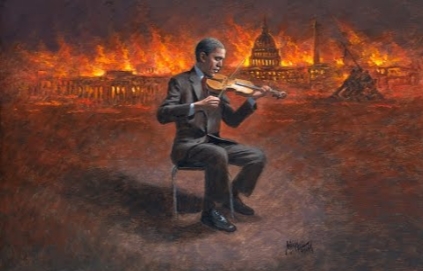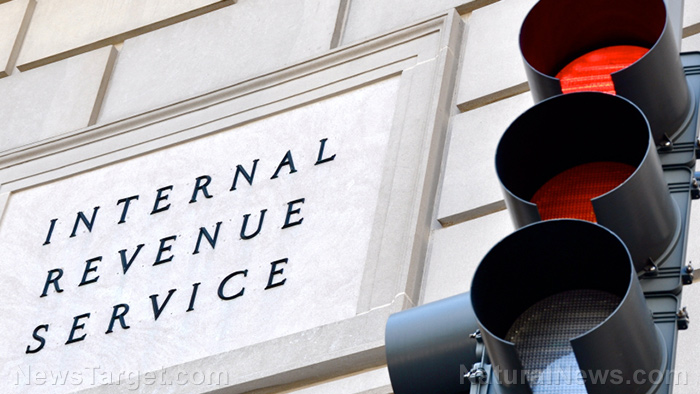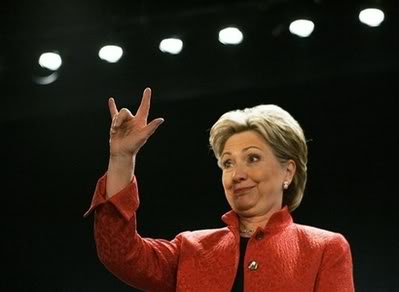The effect on the shipping world of Donald Trump’s victory in the United States’ presidential election is as unclear as it is for any other sector, as his campaign was not heavy on policy.
Article by Gray Howard
There are, however, some vague areas of light and dark.
Mr Trump’s approach to trade has been consistently protectionist, and inconsistent on the details. He has suggested a flat 20% tax on all imported goods, as well as a 45% tax on Chinese imports and 35% import tax on the Mexican border. Restricting trade is seen by the president-elect as a means of creating and protecting US jobs, even “repatriating” jobs from China.
Creating barriers for goods entering the US will likely be bad news for container lines carrying items to the US market. But as one director in the finance sector noted on Wednesday, the Republican Party’s preference for lower income taxes and higher private sector support could boost the spending power of the US middle class.
It might not all be bad news for tankers either, Jones Act and otherwise. Trump has been dismissive of renewable energy and its benefits, fiercely backing hydrocarbons. The climate change sceptic has said he is amazed how slowly the US is drilling for oil; combined with his hatred of windmills, this could stimulate demand for dirtier energy, and be good news for those carrying oil and products.
Mr Trump’s plans to destroy the US Environmental Protection Agency may also add further benefit. Any loosening of vehicle emissions rules will be a boon for petroleum demand.
Disbanding the EPA could also prove beneficial to shipowners calling the US as it enforces ballast water regulations alongside the US Coast Guard. While USCG has issued the means for owners to comply with their regulations in the absence of type approved systems, EPA has only verbally committed to a “low enforcement” policy, leaving owners technically in breach of EPA rules.
There is of course an overriding caveat for any predicted consequence of Mr Trump winning the presidency: it all depends on the amount of power he will have to enact change. While the republicans have retained control of the senate, Mr Trump is not popular within his own party, and will face resistance from within its ranks.
Further, as was seen after the Brexit vote, the issues and policies touted on the campaign trail do not necessarily endure after ballots have been cast.
Read more at: lloydslist.com

















